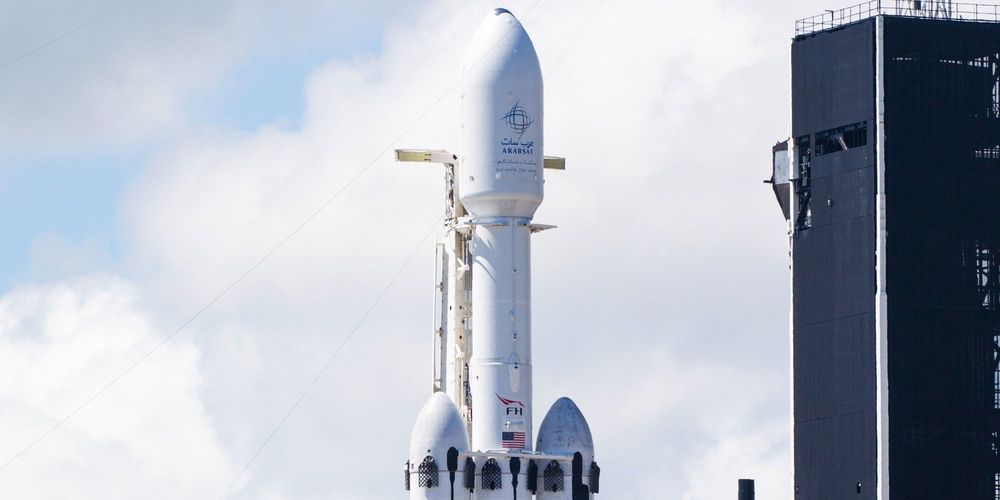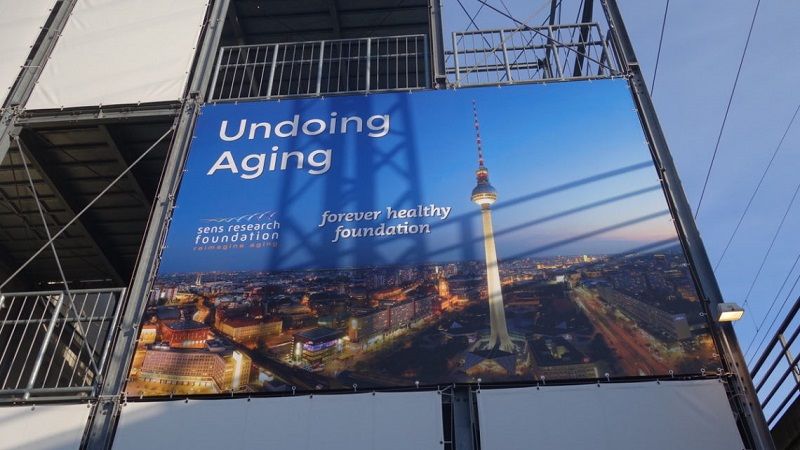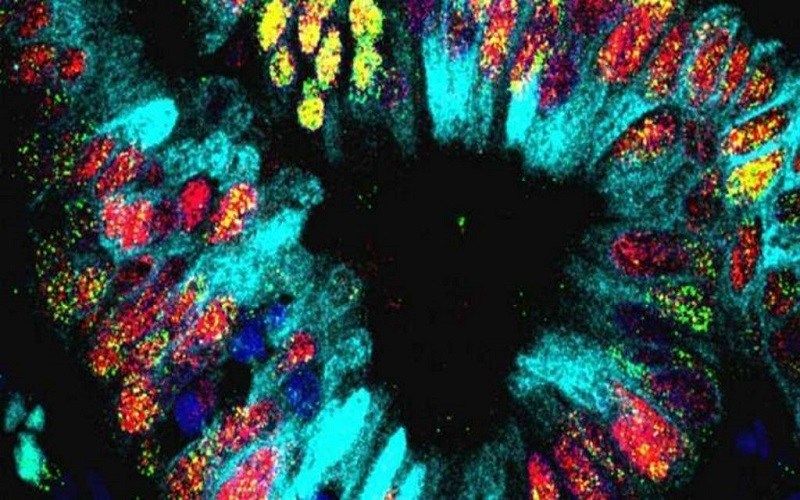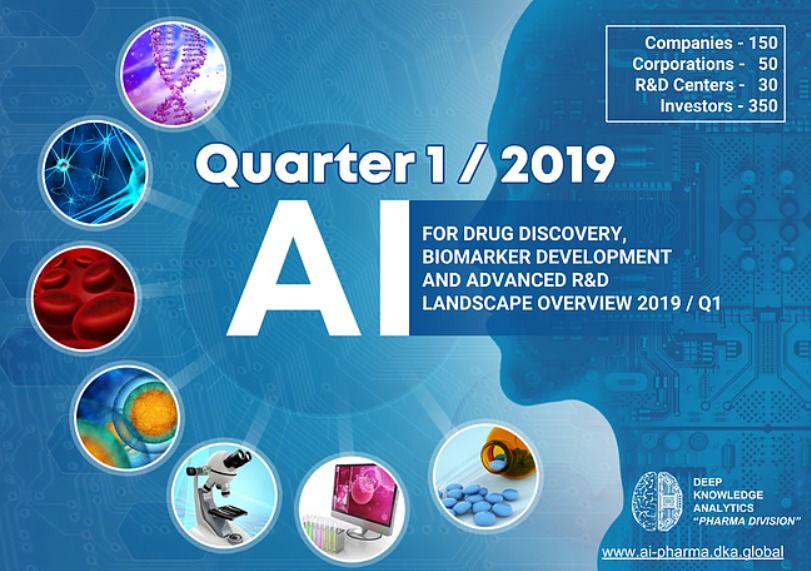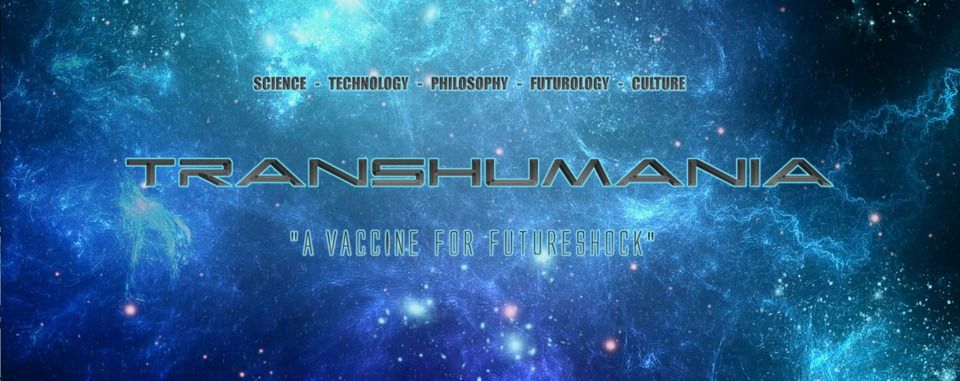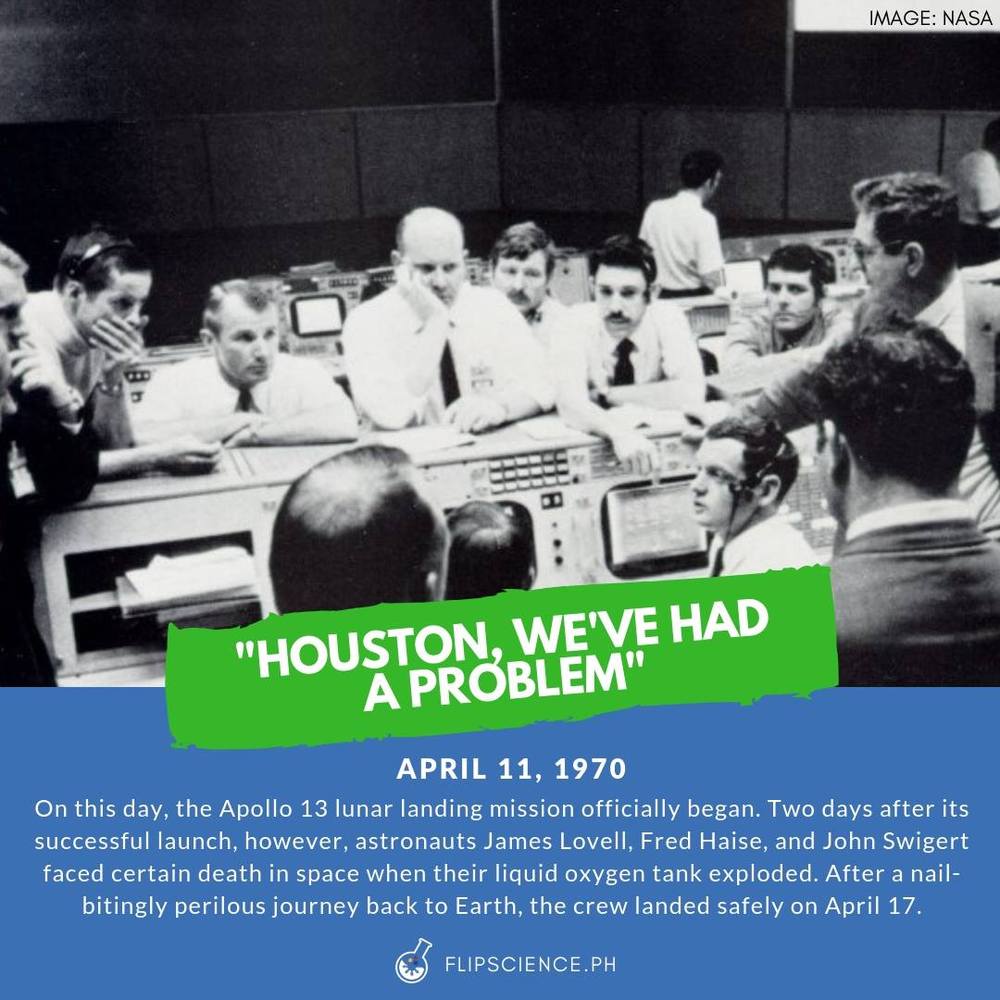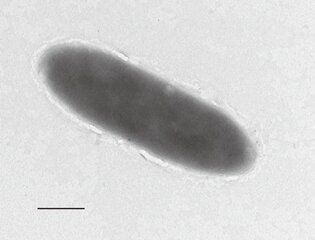The first commercial flight of SpaceX’s Falcon Heavy ended with two boosters touching down on land while a third alighted on its drone ship out at sea.
Guest writer Dr. Asimina Pantazi gives her impressions of the recent Berlin Undoing Aging Conference from the point of view of someone working in research.
As a millennial with limited orientation abilities but expertise with digital tools, I used Google Maps to find the venue, fearing that I would have no data and would get lost in Berlin, only to find out that I was only a couple of meters away from to the venue entrance.
The Undoing Aging 2019 conference took place on May 28–30 at Umspannwerk Alexanderplatz: a multi-level industrial setting, with metal stairs, funky lights, and a balcony overlooking the minimal conference hall. This gave me my first positive vibes.
Aubrey de Grey of the SENS Research Foundation and Michael Greve of the Forever Healthy Foundation organized a three-day event that focused on the cellular and molecular repair of age-related damage in order to medically control aging. The conference brought together a diverse audience from all corners of the world: scientists, doctors, students, biotechs, startups, pharma, investors, the media, government representatives, policy makers, and anti-aging research enthusiasts; many of them were Russians, and their country was impressively represented there!
A team of scientists recently revealed they’d successfully conducted experiments on hundreds of pigs that involved keeping their brains alive for up to 36 hours after the animals had been decapitated.
Maybe Sergio Canavero, the mad scientist who wants to perform a brain transplant on a human, isn’t so crazy after all.
Announces the publication of a new open-access quarterly report: AI for Drug Discovery, Biomarker Development and Advanced R&D Landscape Overview 2019/Q1. Except for providing the analysis of 350 investors, 50 corporations and 150 companies operating in the field, the main events that took place in the industry from January to March 2019 are covered. The report also features the list of 30 leading R&D centers that provide important researches in the segment.
Link to the Report: https://www.ai-pharma.dka.global/quarter-1-2019
#AI #artificialintelligence #drugdiscovery
Welcome to Your Home on Mars
Posted in space
On April 13, the crew had already traveled 200,000 miles away from Earth when one of the oxygen tanks exploded, forcing them to abort the mission and head back, fighting for their own survival.
You may be familiar with the immortal line “Houston, we have a problem,” which was supposedly uttered by Lovell in the 1995 film “Apollo 13.” Actually, the real quote was “Houston, we’ve had a problem,” and it was Swigert who said it.
Scientists have identified special types of brain cells that may allow us to simulate the decision-making processes of others, thereby reconstructing their state of mind and predicting their intentions. Dysfunction in these ‘simulation neurons’ may help explain difficulties with social interactions in conditions such as autism and social anxiety.
Researchers at the University of Cambridge identified the previously-unknown neuron type, which they say actively and spontaneously simulates mental decision processes when social partners learn from one another.
The study, published today in Cell, suggests that these newly-termed ‘simulation neurons’ — found in the amygdala, a collection of nerve cells in the temporal lobe of the brain — allow animals (and potentially also humans) to reconstruct their social partner’s state of mind and thereby predict their intentions.
Scientists from the University of East Anglia have discovered a unique oil eating bacteria in the deepest part of the Earth’s oceans—the Mariana Trench.
